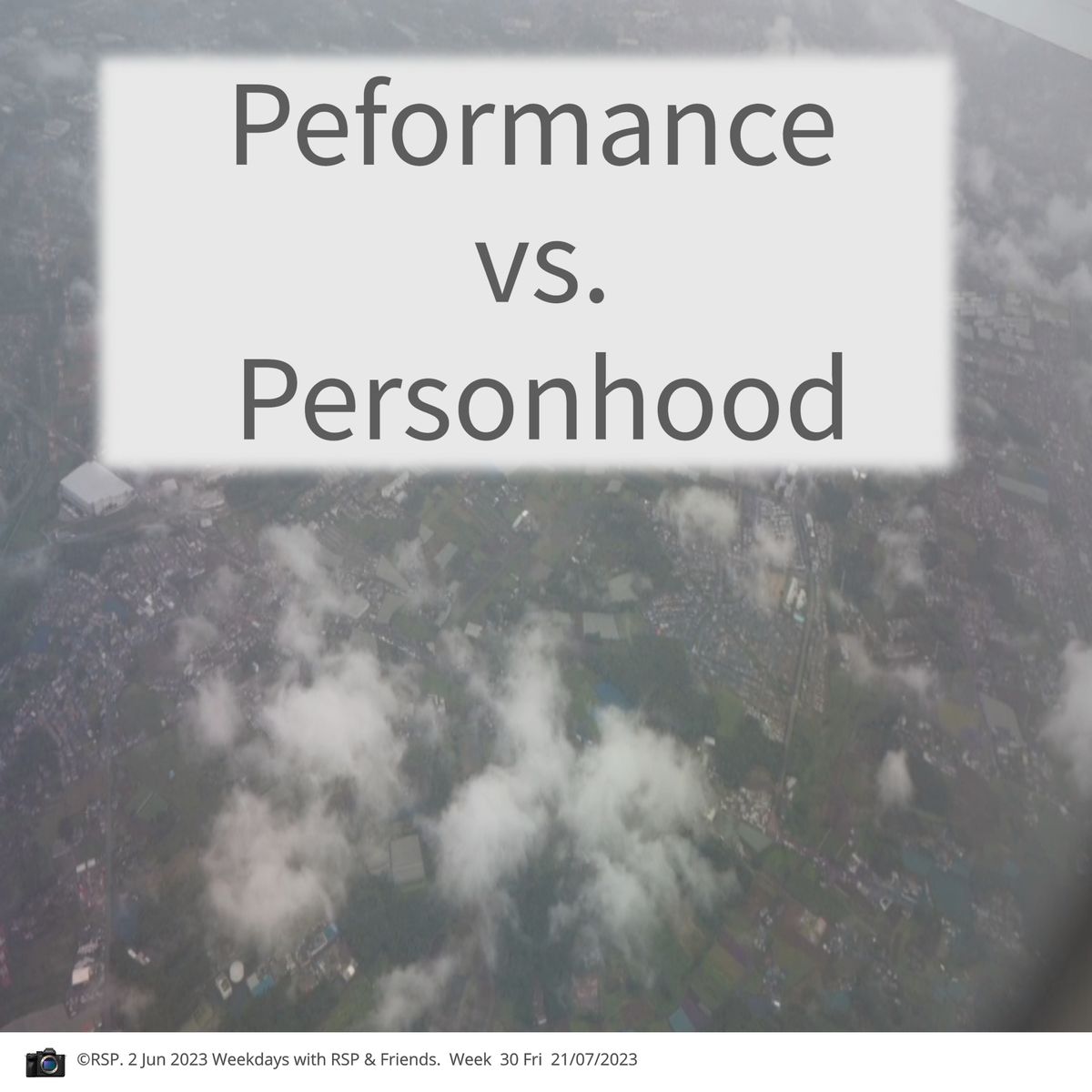QT: Performance vs. Personhood 1Cor5:9-13 Week 30: 21/07/2023. Fri

Does it matter whether a person's behaviour is immoral or not, as long as that person's "job performance" is satisfactory?
1 Corinthians 5:9–11 I wrote to you in my letter not to associate with sexually immoral people—[10] not at all meaning the sexually immoral of this world, or the greedy and swindlers, or idolaters, since then you would need to go out of the world. [11] But now I am writing to you not to associate with anyone who bears the name of brother if he is guilty of sexual immorality or greed, or is an idolater, reviler, drunkard, or swindler—not even to eat with such a one. (ESV)
Further reflections: (1) A parent "fulfills all duties" of a parent but sleeps around with other colleagues from the office. Can the spouse accept that as good fathering? (2) A cleaner cleans the estate well as a job but litters wantonly on holiday elsewhere? (3) A Systematic Theology professor lectures, but cohabits with a live-in girl-friend?
When would personhood and character impact his/her function? Paul protected Corinthian believers then from further damage from sexual immorality prevalent during his time by instructing believers not even to have a meal with the unrepentant believer who continued with decadent behaviour. Eating together frequently week after week implied fellowship and influencing one another.
Paul showed his care for the Corinthian church by writing to them frequently at length. But his brand of care does not exclude detoxification of toxic behaviour that would cause "spiritual cancer". "Inclusiveness", on the other hand, does not include embracing bacteria, virus or other harm to the body.
"Purge the evil person from among you" (1Cor 6:13), even though this is carried out reluctantly or sorrowfully, was Paul's prescription for the long term health of the Corinthian church then, and others down the line of church history.
Human frailties were recognised in many major statements in the media this week. But so was the need to protect society from the consequences of a rapture between performance and personhood, in Paul's time, and now.


